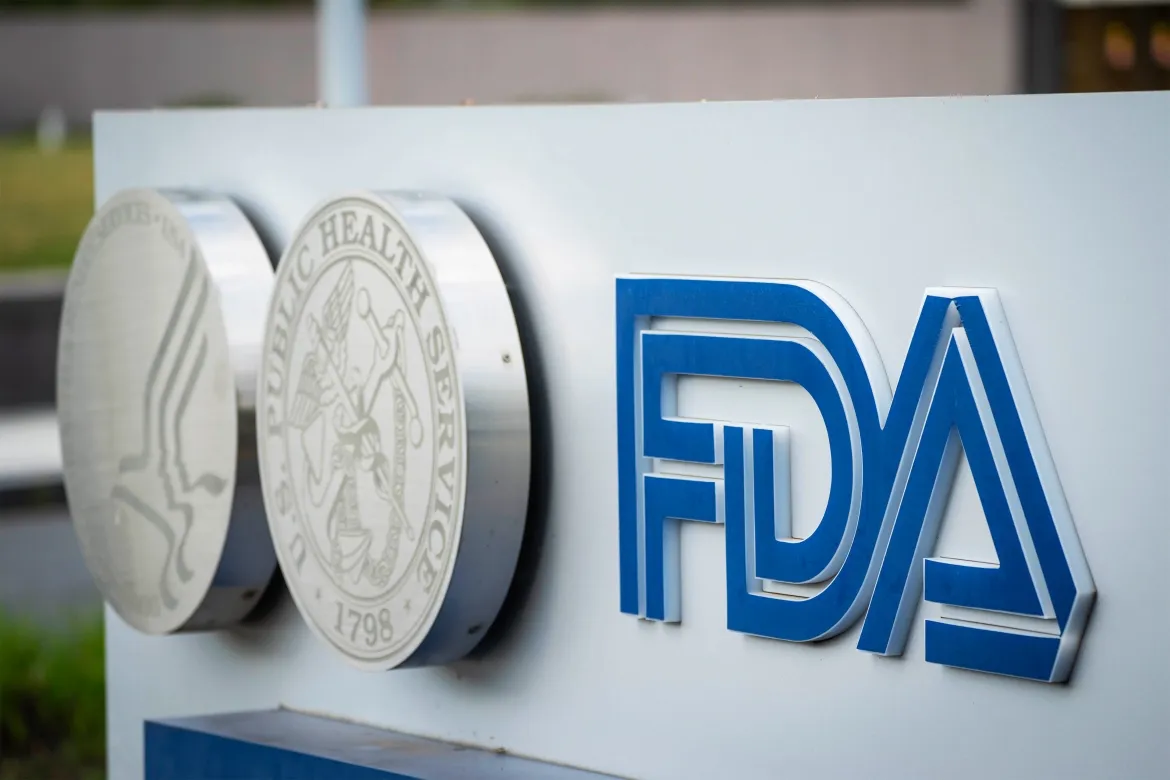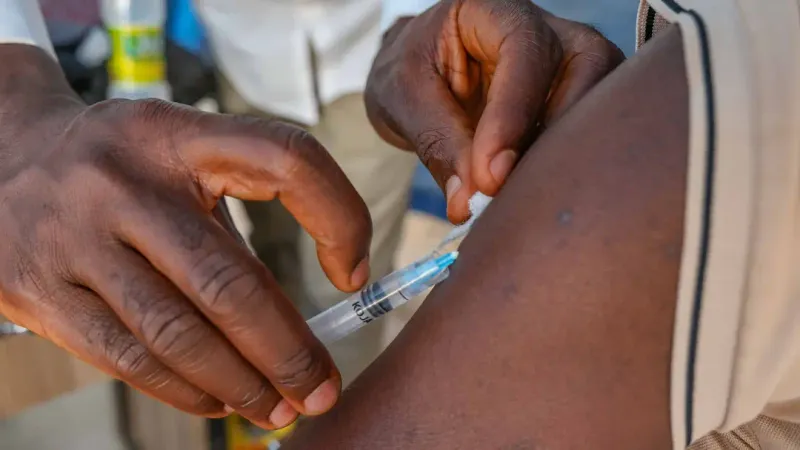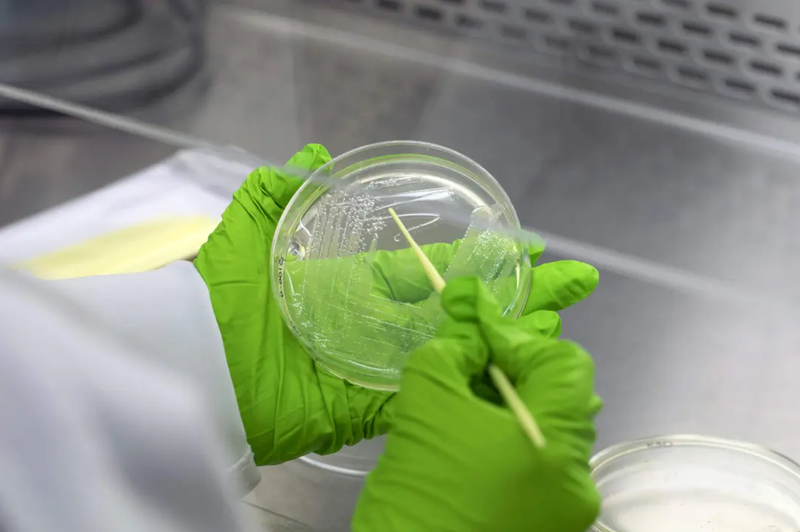FDA Panel Votes to Remove Makena From Market
On Wednesday, the US Food and Drug Admin. (FDA) advisory committee voted 14-1 to remove the drug Makena, which was expected to reduce the risk of preterm births, from the market “while an appropriate confirmatory study is designed and conducted.”

Facts
- On Wednesday, the US Food and Drug Admin. (FDA) advisory committee voted 14-1 to remove the drug Makena, which was expected to reduce the risk of preterm births, from the market “while an appropriate confirmatory study is designed and conducted.”
- After a three-day hearing, members of the FDA’s Obstetrics, Reproductive and Urologic Drugs Advisory Committee also voted 15-0 that a post-market trial didn’t show any benefit to babies, and 13-1 (with one abstention) that evidence didn’t show that Makena had reduced the risk of preterm birth in women who had experienced one.
- Makena was originally approved under the FDA’s accelerated approval program in 2011. A study in 2019 found that the drug didn’t reduce premature births, and it also caused side effects including blood clots and depression.
- Covis Pharma, Makena’s manufacturer, along with some clinicians and patient groups, tried to convince the advisory committee that the drug might work in a more narrowly-defined population, including high-risk Black women. The committee wasn’t swayed, and Covis would like to conduct a new study.
- Pulling a drug from the market is unusual, but the FDA typically follows the advice of its advisory committee, even though the recommendations are nonbinding.
Sources: CNN, News Max, and Washington Post.
Narratives
- Narrative A, as provided by The Washington Post. This drug’s ineffectiveness exposes the flaws in the FDA's accelerated approval program. After approval, drug companies are required to conduct follow-up tests, but there’s no timetable and no incentive for doing so. Drugs that don’t work, or might even cause harm, are allowed to remain on the shelves for too long after approval.
- Narrative B, as provided by KHN. The FDA's accelerated approval track isn’t perfect, but it’s necessary. In some cases, it could take decades to learn if a drug is an effective cure, and many with terminal diseases don’t have that type of time. With willing recipients of the drugs on hand — and the FDA enforcing necessary tests and requiring confirming data from companies — this program has been, and should continue to be, a positive.






